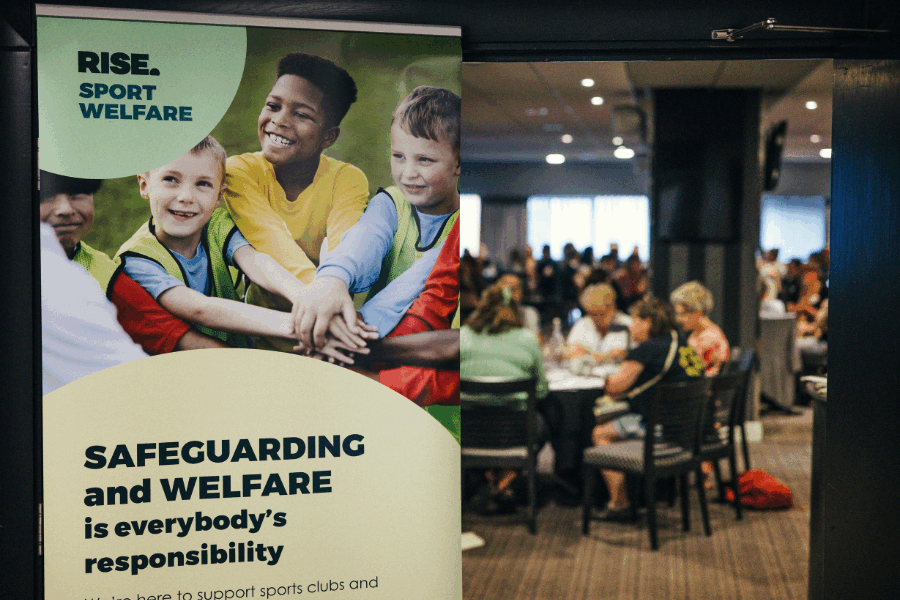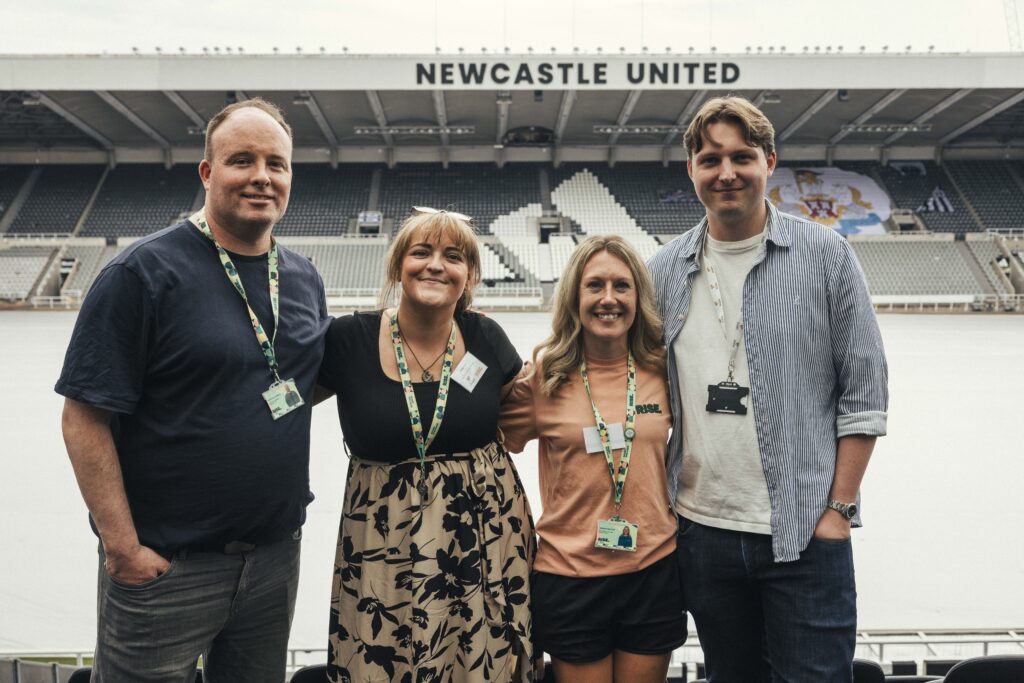
Sport England and UK Sport jointly commissioned the Whyte Review to look into systemic abuse in gymnastics in Britain. The 19 policy commitments they made in 2023 aim to drive the highest standards of safeguarding, wellbeing and integrity in the governance, policy and culture of sport, so that everyone can have safe and enjoyable experiences.
Clare Morley, CEO at Rise, said:
“Safeguarding and welfare shouldn’t be a tick box exercise but something that is prioritised and championed. By creating safe spaces in our North East sports clubs and organisations, everyone can take part in and enjoy sport and activity. The commitments made in 2023 are vital to achieving this.
“While there’s still much to do, we remain committed to working collaboratively with national governing bodies, stakeholders, and anyone with a shared commitment to improving welfare standards in sport and activity settings. Together, we will continue to build on this momentum and support clubs to further develop their safeguarding practices.”
Rise is the active partnership covering Northumberland, Tyne & Wear and County Durham, working to increase movement and physical activity across the region, especially in the communities that need it most.
One of the 19 commitments was the creation of the Sport Welfare Officer Network, which was set up to support National Governing Bodies (NGBs) and their local clubs to promote good practice and safer sport for all. As part of this, Rise employs three sport welfare managers who work with sport volunteers, clubs, organisations and activity providers within the North East to help create safer and more inclusive cultures in sport. They jointly ran the North East Sport Welfare event at St James’ Park last month.

The event brought together more than 100 volunteers from clubs and organisations from across the North East and gave them the opportunity to learn from experts in a range of safeguarding and welfare topics. More than 20 sports were represented including handball, swimming, power chair football, badminton, cycling, and running. The event aimed to foster connections to support volunteers to share best practice, learn from each other and from the experts in room.
Rowena Carr, sport welfare manager at Rise, said:
“We welcome the update on the 19 outcomes of the Whyte Review and are encouraged to see the growing recognition of the Sport Welfare Officer network. The value of this work is clearly reflected in recent statements from NGBs, highlighting the positive impact of our collective efforts.
“In particular, we are proud of the progress made across, Northumberland, Tyne & Wear and County Durham, where the Sport Welfare Managers have played a key role in establishing strong relationships with clubs, partners, and local organisations. Their dedication has helped embed welfare and safeguarding more deeply within the sporting landscape, creating safer and more supportive environments for everyone involved.”
Two years on, Sport England and UK Sport are positive about what has been achieved but remain focused on what still needs to be delivered.
Tim Hollingsworth, CEO of Sport England, and Sally Munday, CEO of UK Sport, said in a joint statement:
“The Whyte Review was a major turning point for sport. Change was necessary and urgent, and everyone involved in our community – from volunteers to coaches to leaders at national governing bodies – needed to contribute to that change.
“We are pleased with the progress made on the 19 commitments so far. Collaboration has been a critical part of this progress, and it has been encouraging to see the way that a diverse range of organisations have worked together to create a safer sport sector for all. We are also confident that, in the last decade, a greater focus on wellbeing has significantly improved the culture in sport.
“But we cannot be complacent; there is still more to do. Safeguarding in sport is an ongoing priority and the Safe Sport project has established a vision for UK-wide leadership in this area. We will keep pushing for the high standards needed to ensure the safety and wellbeing of every child, young person and adult involved in sport.”
Top tips for keeping people safe in sport
- Stopping abuse and neglect is everyone’s responsibility and anybody can raise a concern
- Be ‘curious’ not ‘furious’ – asking open questions and offering the right support is key to helping children have safer experiences online
- Speak up and support others – encouraging open conversations and creating safe spaces empowers people to challenge inappropriate behaviour and seek help when needed
- Including young people in your club helps to break down generational barriers
- Recognise that something may not be right
- Have the conversations necessary to keep your participants safe
- Understand the importance of being open to starting conversations about mental health with those who are struggling
Take a look at the Rise safeguarding and sport welfare pages to see how they can support you.